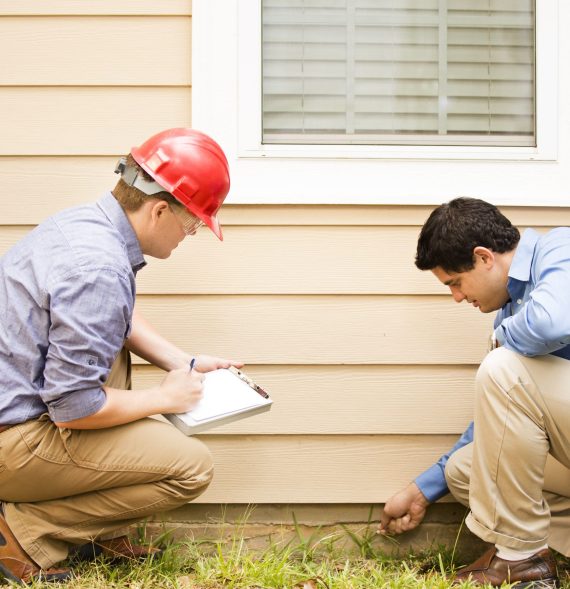Greenway 360 pro gose into great detail to assess your home's energy use. The energy assessor will do a room-by-room examination of the residence, as well as a thorough examination of past utility bills. Walk through your home with the assessor and ask questions. Many professional energy assessments will include a blower door test and a thermographic scan. Assessors may use equipment to detect sources of energy loss, such as blower doors, infrared cameras, furnace efficiency meters, and surface thermometers. Check out the Energy Saver 101 home energy audit infographicto get an idea of what energy assessors look for and to learn more about the special tools they use to conduct an assessment. Through the process, the home assessor will gather information and produce a report including characterizations of your home and action you can take to reduce your home's energy use while increasing comfort of the living space. Common recommendations often include: Home Energy Inspections Tuesday, October 31, 2023 3:16 PM Greenway Energy Report Page 12.1 space. Common recommendations often include:
